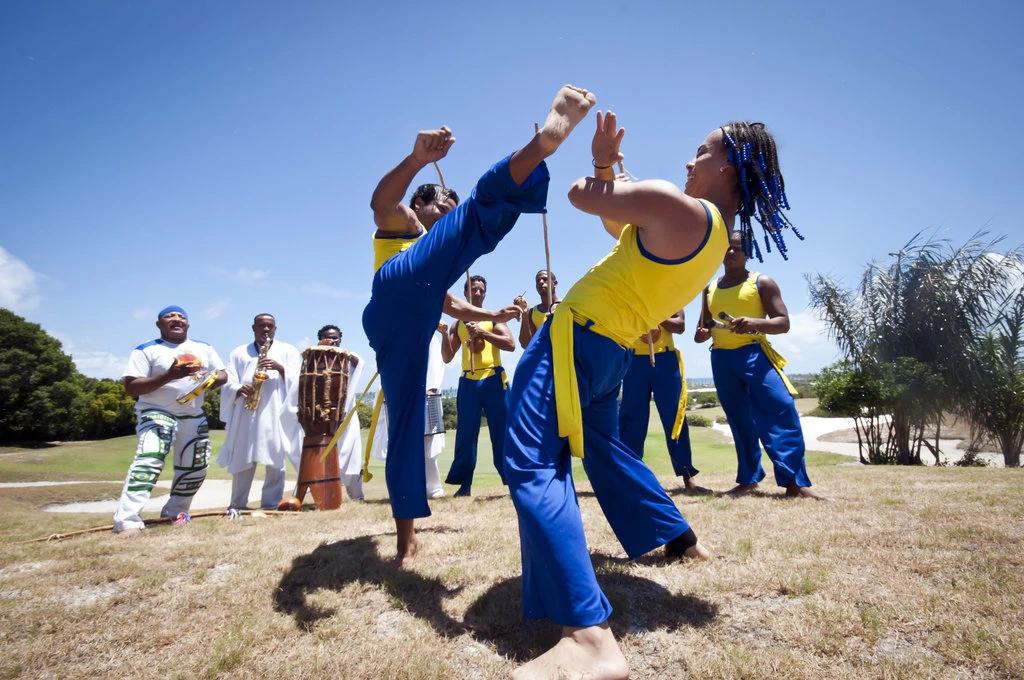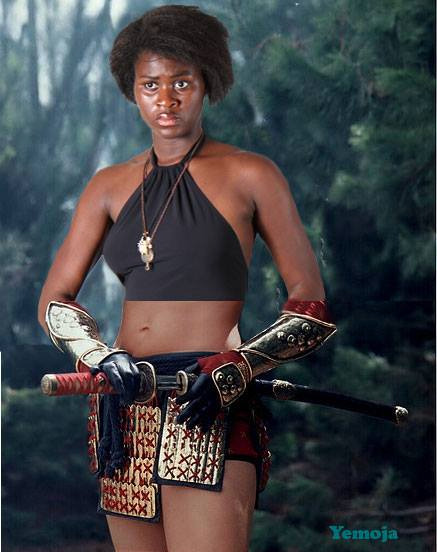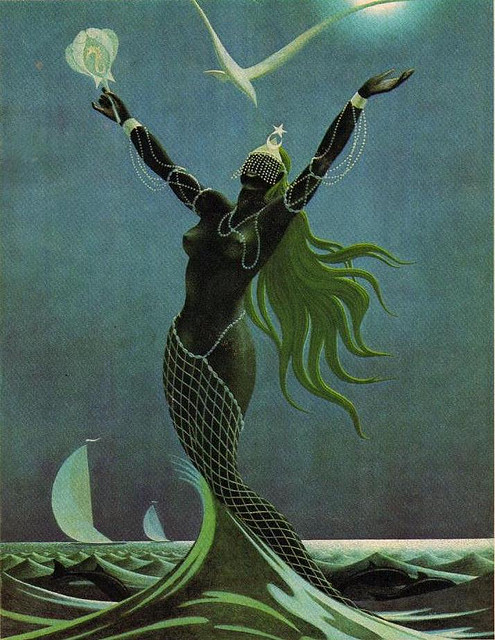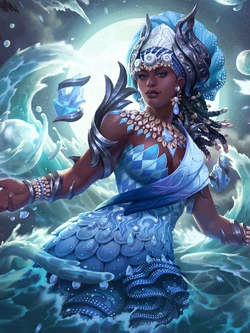JAKADI The New Martial Art
Speaking of African Martial Arts:
When one hears the expression “Martial Arts” one thinks of Kung Fu, Karate, Judo and so on. Many of these Eastern practices have become a popular sport in the West with their own rules and sports clubs springing up throughout the world.
When one hears the expression “Martial Arts” one thinks of Kung Fu, Karate, Judo and so on. Many of these Eastern practices have become a popular sport in the West with their own rules and sports clubs springing up throughout the world.
Although martial arts started already after the Cultural Revolution in China, it was first when the film legend Bruce Lee began to make his films in the United States that it spread so quickly to the rest of the world. His special way to defend himself against powerful enemies has fascinated more generations of young people. To many persons it is the only way to exercise the body in a period of time where many of us spend more and more time sitting in front of the TV, surfing on the Internet, sitting in school or sitting at work.

The fascination of practicing “Martial Arts” is the mixture of being able to control one’s body and at the same time being able to protect oneself against physical violence. Martial Art is viewed as giving the practitioner such self-confidence in showing strength and control that it will scare off potential offenders. With this in mind one could suggest that the sport of self-defense is not the art of fighting but the art of peace making.
Everybody who practices this sport or watches it in films or in video games believes that all sorts of Martial Arts originate from the East: China, Japan, Korea etc. However, there is actually a similar Martial Art on the African continent. When Africa is presented in the media it is portrayed as a continent of starvation and political conflicts, but reporting on the rich cultural heritage is of no interest to many western journalists. This is where the need of INITIATIVGRUPPEN JAKADI comes in.
The purpose of the group is to spread the knowledge of the special type of combined sport and self-defense that is practiced in many places in West Africa, both French and English speaking countries. JAKADI, the collective name for the different moves involved in this martial art, is separated from the eastern forms of self-defense in notable ways. By practicing Jakadi, the body gains elasticity and agility in its almost cat-like movements promoting the practitioner’s ability to perform fast reactions in term of danger, like its eastern compatriots it builds coordination and endurance. Yet the main difference is that the performance looks more like a dance than a sport presentation, being accompanied by music in the form of “talking drums”.
The INITIATIVE GROUP has plans, inspired by the Martial Art legend Bruce Lee, to make a low budget film where the central theme is JAKADI. We think that this film will inspire young people of today, both in Denmark and the rest of the western world, to take interest in this part of the African heritage. Furthermore, we believe that the film can help fight prejudice against foreign cultures and thereby increase respect for those coming from other places in the world.
This is a way by which we want to modernize the art of Ijakadi as it is known in Yoruba land, and this shall soon be seen in our next Television series “Yemaja”
The Project YEMANJA
A new African fantasy television series to be filmed on location in Quantum Valley

In a time of ancient gods, warlords and kings. Yorubaland in danger, cried out to Oghodaye for a Hero.
A mighty answer, a mighty goddess, the mother of fishes, she was Yemoja sent to them with all the power to deliver and to bless.
Yemoja, the mother of fishes also known as the Warrior Princess and the Destroyer of Nations, was a legendary figure in ancient lle Ife and throughout Yorubaland. As a warlord, she was at the head of one of the most powerful armies that deliver the Yorubaland from the Igbo invaders.


Yemoja is a historical fantasy set primarily in ancient Yoruba land, although the setting is flexible in both time and location and occasionally may features Egyptian, other African, and Medieval Greece elements. The flexible fantasy framework of the show will accommodates a considerable range of theatrical styles, from high melodrama to slapstick comedy, from whimsical and musical to all-out action and adventure. While the show is typically set in ancient times, its themes are essentially modern and it investigates the ideas of taking responsibility for past misdeeds, the value of human life, personal liberty and sacrifice, and friendship. The show often will address ethical dilemmas, such as the morality of pacifism; however, the storylines may often seek to provide unequivocal solutions.
Yemoja freely borrows names and themes from Yoruba and Igbo mythologies also from Greece and Brazil, primarily the Yoruba and the Igbo anachronistically adapting them to suit the demands of the storyline. Historical figures and events from a number of different historical eras and myths make numerous appearances as the show progresses, and the main characters are often credited with resolving important historical situations.
Competing religions are treated as compatible and co-existent in a henotheistic world, allowing the Yoruba Pantheon to live side by side with other African Gods, Indian Deities, the “God of Love” and others. Each god, or set of gods, controls a different part of the world, and (in the show) survives only while people believe in it. In seasons four and five, the Yoruba people gradually transfer their faith from the Yoruba Gods to the “God of Love” over a period of about 25 years, and as their power fades, the Yoruba Gods are almost all killed off in a climactic battle.
Yemoja has been likened to amniotic fluid, because she too protects her children against a predatory world. She is temperamental and can be soothing or unpredictably violent. She is the orisha of fertility as well as of bodies of water and has under her protection dockworkers, boatwrights, fishers, sailors, swimmers, and others who work, live, or travel around water. Yemonja is the patron of the Gelede Society (“Society of Mothers”). She is associated with the fish-gill facial markings worn by the lyawo (initiate into the priesthood) and is said to have assisted Sango in ending the practice of twin infanticide in Nigeria. Her animal totems are the duck, the vulture, the snake, and the small snail; her sacrificial animals are the ram, the lamb, the duck, the rooster, the goat, the fish, and the pigeon. She is represented in her various shrines in Africa by sacred stones, known as ota, placed in river water in a calabash

